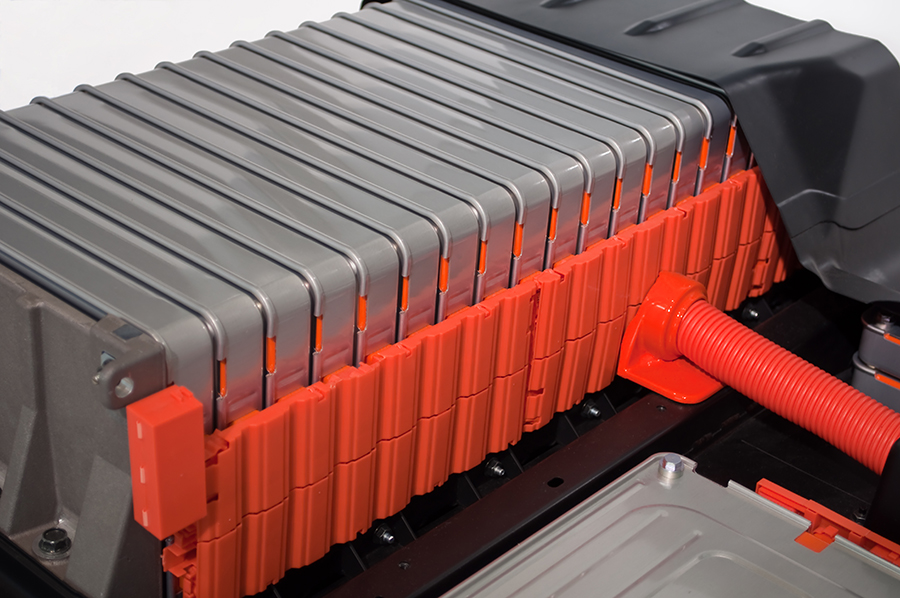Global demand for electronic devices and the electrification of automotive vehicles means battery technology will only become more ubiquitous. Reusing and Recycling Energy Technologies at Birmingham brings together academics from different backgrounds in order to develop new approaches to the reuse and recycling of batteries at the end of their life.
A particular challenge concerns what to do with batteries at the end of their life. The recycling industry is aware that end-of-life lithium-ion batteries in electric vehicles pose a particular challenge that will only grow in scale. At the University of Birmingham, we are developing the solutions to tackle these problems in the making.

Battery Recycling at Birmingham is an interdisciplinary research theme that brings together a wide variety of academics across the University of Birmingham’s Colleges and Schools.
The Birmingham Energy Institute provides a focal point for energy research at the University of Birmingham.
Within the Birmingham Energy Institute, the Birmingham Centre for Energy Storage is looking at how we might give used vehicle batteries a second life, connected to the electric power network.
The Birmingham Centre for Strategic Elements and Critical Materials is focused on the underlying materials used to produce lithium ion batteries, lithium, cobalt and graphite, in order to find ways to more efficiently recover materials from end of life batteries.
Electrification is also leading to a radical change in the materials and components used in our vehicles, with rare earth magnets becoming increasingly important. At the Birmingham Centre for Strategic Elements and Critical Materials, we also have complementary strengths in recycling rare earth magnets.